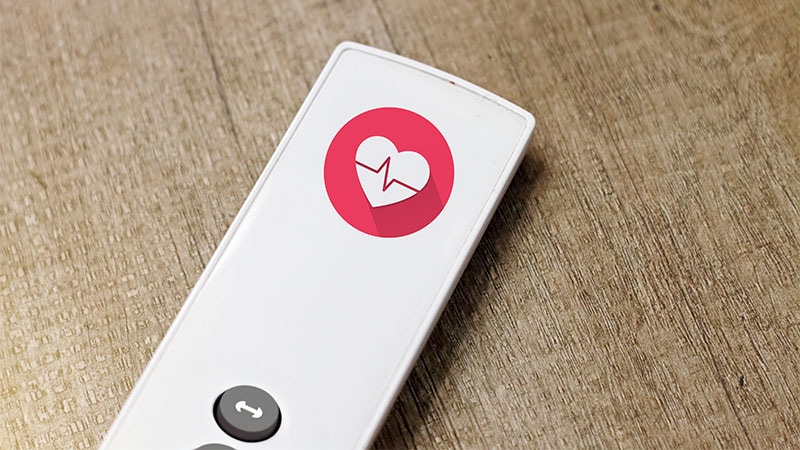Non-invasive Wearable Device Shows Promise in Detecting Worsening Heart Failure
This article discusses a new non-invasive wearable device, CardioTag, designed to monitor heart failure progression. The device, worn on the sternum, uses seismocardiography, photoplethysmography, and electrocardiography to estimate pulmonary capillary wedge pressure, a key indicator of heart failure status.
The article reports on the SEISMIC-HF I study, which validated CardioTag's accuracy against the gold standard of right heart catheterization. Results showed CardioTag's measurements were comparable to implantable systems.
The article highlights several advantages of CardioTag over existing implantable hemodynamic monitoring systems:
- Non-invasive: Improves patient comfort and eliminates the need for surgical implantation procedures.
- Measures Pulmonary Capillary Wedge Pressure: Provides a more direct and accurate assessment of heart failure status compared to surrogate measures.
- Provides Absolute Pressure Measures: Offers more precise data for clinical decision-making.
The article emphasizes the need for further research to evaluate CardioTag's predictive value and impact on patient outcomes. Upcoming studies, SEISMIC-HF II and a planned randomized trial, aim to address these questions by expanding the study population and assessing the device's effect on hospitalization rates.
The article concludes by highlighting the potential of CardioTag to improve heart failure management by enabling early detection of worsening conditions and facilitating timely interventions.
Personalizar resumen
Reescribir con IA
Generar citas
Traducir fuente
A otro idioma
Generar mapa mental
del contenido fuente
Ver fuente
www.medscape.com
Wearable Device Can Warn of Worsening Heart Failure
Ideas clave extraídas de
by Carolyn Brow... a las www.medscape.com 11-19-2024
https://www.medscape.com/viewarticle/wearable-device-can-warn-worsening-heart-failure-2024a1000l2j
Consultas más profundas
